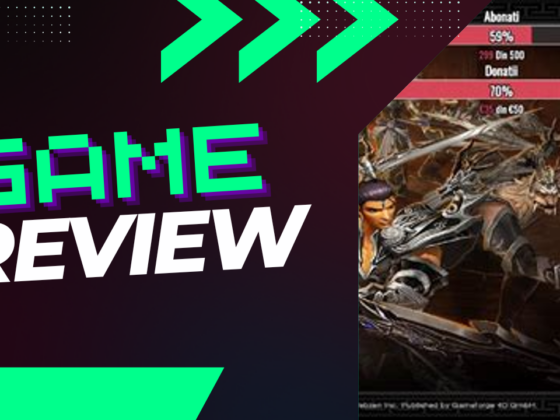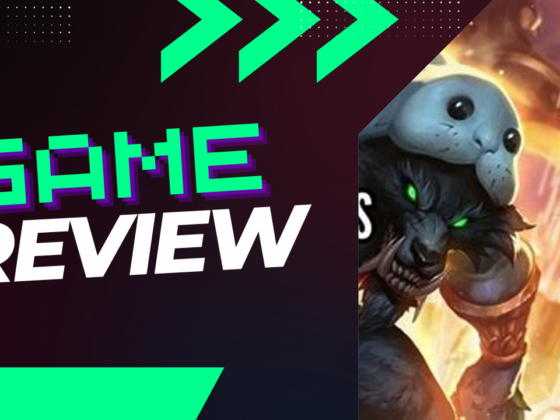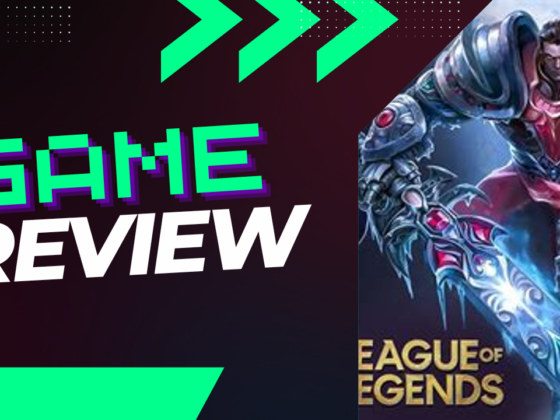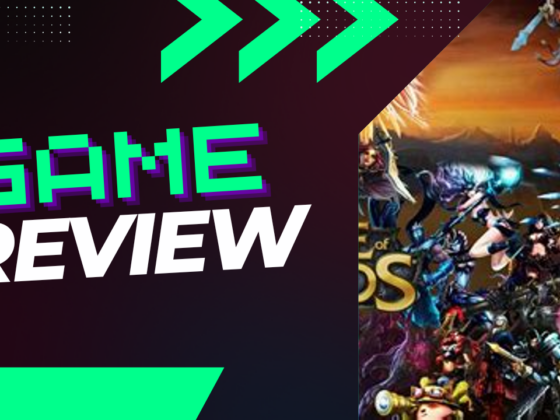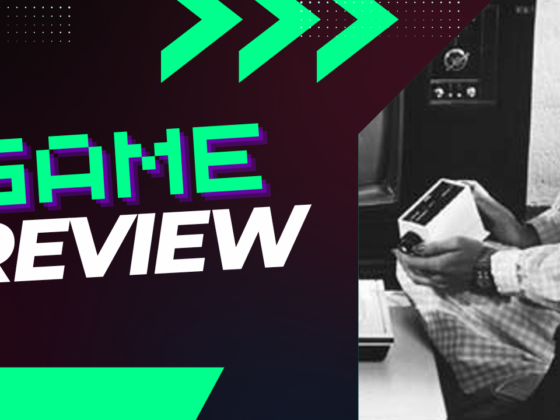Is LOL really dead? Just as we thought the digital language of laughter had settled into a comfortable rhythm, the emergence of IJBOL (I Just Burst Out Laughing) sends shockwaves through our chats. This summer, the once ubiquitous LOL has seemingly drifted into the background, creating space for a new wave of expression that resonates with the spontaneous and authentic. As cultural shifts shape the way we communicate, IJBOL not only captures a moment of laughter but also reflects a deeper yearning for genuine connection in our increasingly curated online interactions. What does this mean for the future of how we express joy and humor?
Have We Reached the End of LOL? Understanding the Shift to IJBOL
This summer, the once-popular acronym LOL (Laugh Out Loud) has seemingly faded among Gen-Z users, making way for IJBOL (I Just Burst Out Laughing). This shift highlights a significant change in online communication, as IJBOL gains traction and popularity within the cultural zeitgeist.
What is IJBOL and Why is it Gaining Popularity?
The emergence of IJBOL reflects a more authentic expression of laughter, resonating with the genuine reactions of social media users. It captures the essence of unexpected amusement, reminiscent of those moments when one laughs out loud in real life. Given its relatable nature, it’s no wonder that this new acronym has captured the online community’s attention.
In a recent conversation with the New York Times, Ellie, a 25-year-old bank analyst, shared her thoughts about adopting IJBOL. She felt that it represented her authentic laughter experience better. “I’m usually quiet and then suddenly I let out a snort,” she explained, emphasizing the disconnect she felt with LOL.
Many echo her sentiments, suggesting it’s high time for a change from older acronyms like LMAO and ROFL. Michael, a 27-year-old content creator, remarked, “I don’t LMAO. That’s simply not my style. I find LMAO to be more associated with millennial humor, whereas IJBOL embodies the funnier side of Gen Z humor.”
IJBOL and Its Cultural Significance
The acronym IJBOL is often intertwined with memes and gifs of various celebrities, particularly Nicki Minaj. A viral clip depicts Minaj laughing so heartily that she falls backward in her chair. However, the standout face of IJBOL seems to be Vice President Kamala Harris, whose infectious laughter has permeated meme culture, solidifying her as a key figure in this new linguistic trend.
As 20-year-old student Sebastian noted to the New York Times, “Kamala’s laughter has become relatable and meme-friendly, encapsulating the spirit of IJBOL perfectly.” Her constant joviality lends itself well to this new acronym, creating a solid connection with users aspiring to express authentic amusement.
The Evolution of IJBOL in Digital Spaces
Although IJBOL has been in use since 2009, it gained renewed momentum in 2021 thanks to the K-pop community, which integrated it into their online vernacular as a means of discussing their beloved idols. However, it has since transcended these niche platforms, finding its way into mainstream social media through the use of entertaining imagery and celebrity gifs.
Professor Michelle McSweeney, an academic at CUNY Graduate Center studying the nuances of digital laughter, regards these niche online spaces—like that of K-pop fans—as vibrant “creative environments.” Her expertise often delves into how the internet shapes our language, with IJBOL serving as an exemplar of evolving online jargon.
“It’s completely unsurprising that IJBOL originated on K-pop Twitter,” Professor McSweeney commented, emphasizing the community’s close-knit communication channels that foster creativity and cultivate new conventions. However, she also cautioned that as new acronyms spread into broader social contexts, their unique charm may diminish. This transition into popular vocabulary can sometimes strip away the elements that made them appealing in the first place.
She further elaborated, stating, “You might feel comfortable using LOL in a message to your boss. While I have been known to use LMAO in professional settings, that’s about as far as I’d go. Introducing new terms into our dialogue enables us to maintain a certain degree of distinction between how we communicate with colleagues compared to friends.”
The Future of Online Communication: A Shift Towards Authenticity
As IJBOL sweeps through social media, signaling a shift away from LOL, it highlights a desire among younger generations for more genuine expressions of emotion. This transition reflects changing attitudes toward communication, as Gen-Z influences the internet’s lexicon with a fresh perspective.
The widespread acceptance and usage of IJBOL indicate that users might be craving a return to authenticity, aligning their digital expressions with their real-life emotions. By adopting acronyms such as IJBOL, they create a narrative that resonates with their experiences, emphasizing the importance of laughter in an interconnected world.
Conclusion: The End of an Era
In conclusion, the slow demise of LOL and the rise of IJBOL signify more than just a mere change in acronyms; it represents a cultural shift towards more sincere expressions of joy and laughter in the digital space. As language evolves, it aptly reflects the sentiments and behaviors of its speakers, demonstrating the power of communication to express nuanced human experiences.
- LOL has been historically significant but has lost its relevance amongst younger audiences.
- IJBOL emerges as a more relatable and authentic form of laughter expression.
- The influence of niche communities, especially the K-pop scene, has propelled IJBOL into mainstream culture.
- Prominent figures like Kamala Harris and their representations in media strengthen the association with IJBOL.
- This trend emphasizes a broader quest for authenticity in typical online interactions.
Thus, while LOL may hold a cherished place in online lingo history, IJBOL is carving out its own domain, symbolizing a new era of laughter in the digital landscape.


